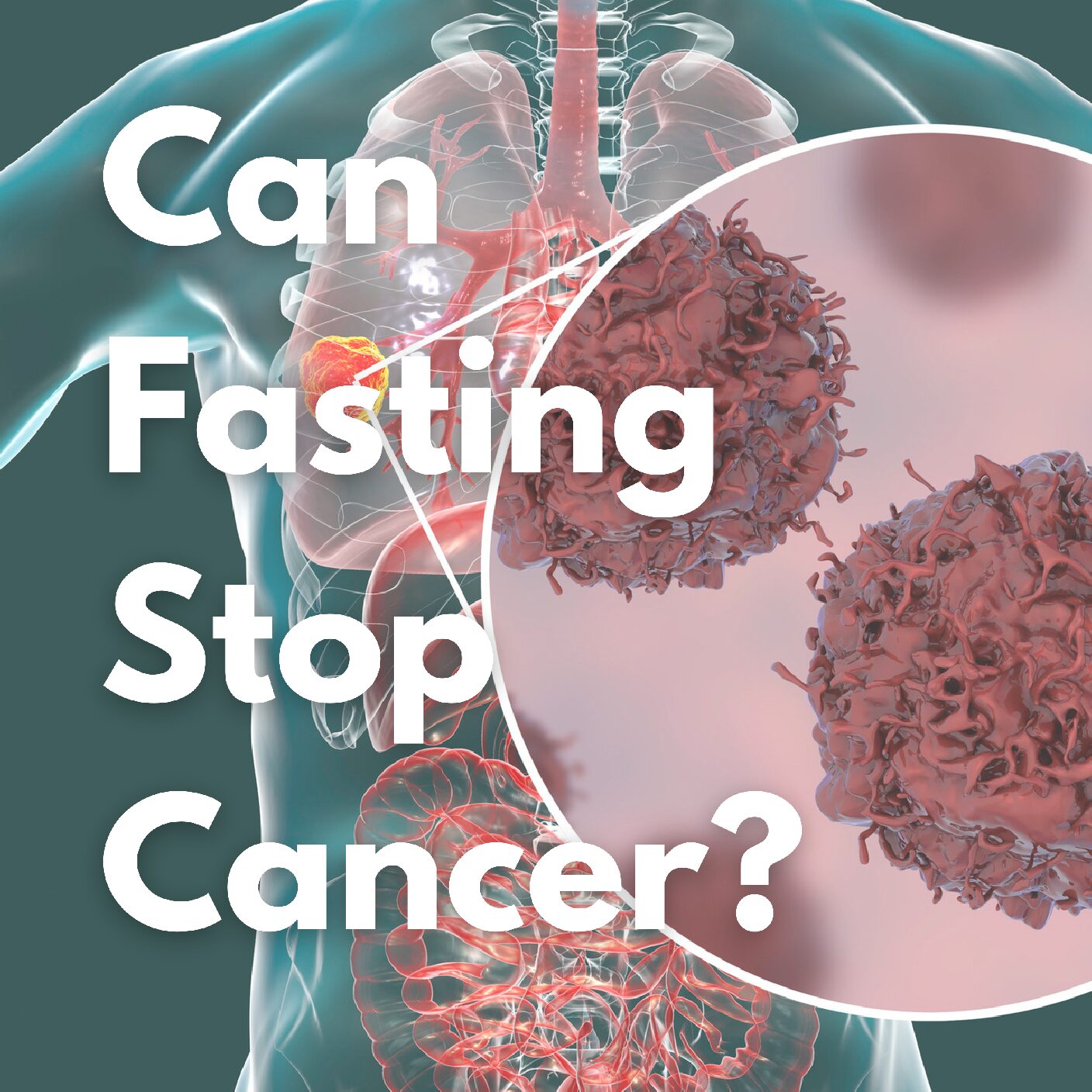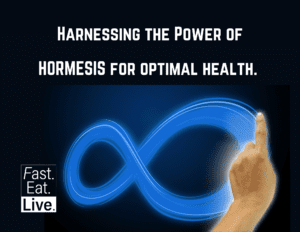What if the world found out that a promising cancer therapy was discovered? Not only that it existed, but also that it was FREE and painless for the patient. Research suggests that simply not eating (FASTING), for a specific and planned timeframe, may be this therapy. It is nearly impossible to find someone who does not know at least one person who has suffered from some form of cancer in their lifetime, and likely we all know quite a few people. Considering how rampant the disease is, it is encouraging to learn that scientists are reporting evidence that pulling sustenance out, can prevent and possibly reverse deadly cancers!
Hippocrates, the father of medicine, often used Caloric restriction, or fasting, as his method of healing patients. This quote, packed in wisdom, is attributed to the legendary Greek physician: “To eat when you are sick, is to feed your illness.” It seems that even around 400 B.C.E. this concept was understood.
We also know that fasting has been used as a religious mechanism for millennia to gain mental focus and clarity. Most cultures discovered its anti-inflammatory and healing benefits along the way. But in our modern era, it’s only in the past decade that we’ve started unraveling the process of how fasting affects our metabolic and cellular health.
The quest for longevity and health has driven scientific exploration into various avenues, with one of the latest frontiers being the study of senescent cells. These cells, often referred to as “zombie cells,” are a key player in the aging process and age-related diseases. In developed countries, cancer is either the main cause of death or second only to cardiovascular disease. In 2020, an estimated 19.3 million new cancer cases and almost 10 million cancer deaths occurred worldwide. (Science Direct Vol.9, Issue 3, March 2023, Pages 212-222)
In recent years, researchers have begun to unravel the potential of fasting as a powerful tool to eliminate these cells. We are fascinated about the relationship between fasting and senescent cells and hope to shed light on how fasting could hold the key to a longer, healthier life.
Senescent cells are cells that have lost their ability to divide and proliferate, yet they remain metabolically active. These cells resist apoptosis (programmed cell death) and as the age they gain size and enlarge their nuclei. The accumulation of these zombie cells contributes to the aging process and the development of age-related diseases. These cells secrete a range of molecules known as the senescence-associated secretory phenotype (SASP), which can induce chronic inflammation and disrupt the surrounding tissue’s functionality. This phenomenon has been linked to various conditions, including cancer, cardiovascular disease, and neurodegenerative disorders.
Fasting or Caloric Restriction (CR) to the rescue! When we stop intaking glucose, the weakest or most sugar dependent cells die first. This is the aging cells or neighboring cancer cells. Fasting also supercharges your immune system, increases hormone production, and boosts the production of healthy stem cells. This triggers a range of cellular responses that promote cellular health and repair, making it a potential contender in the battle against aging and overall health.
One of the mechanisms through which fasting combats senescent cells is autophagy. Autophagy, which translates to “self-eating,” is a cellular process that involves the degradation and recycling of damaged components, including organelles and proteins. During periods of fasting, when energy sources are scarce, cells initiate autophagy to break down unnecessary or dysfunctional components, rejuvenating themselves in the process.
In the context of senescent cells, autophagy takes on a crucial role. Fasting-induced autophagy helps identify and eliminate these zombie cells, effectively preventing the accumulation of senescent cells in tissues. This process not only contributes to improved cellular health but also has broader implications for disease prevention and longevity.
Fasting has also been shown to reduce glucose levels in the blood, which makes it difficult for cancers to grow. Cancer cells consume glucose at a much higher level than normal cells do. While fasting, a way in which cells try to conserve their energy, is to make it easier for cell membranes to metabolize insulin. This helps insulin’s ability to remove glucose from the blood. So, reducing the glucose available to cancer cells is shown to slow its growth.
During fasting periods, the body exhausts its immediate glucose reserves and starts utilizing stored fats for energy. This metabolic shift triggers various cellular responses that promote autophagy and senolysis, leading to the removal of senescent cells. The extended fasting period provides the body with ample time to identify and clear out these harmful cells, enhancing tissue functionality and potentially delaying the aging process.
While much of the research into fasting and senescent cell clearance is still in its early stages, several studies have provided promising insights. In a 2018 study published in Cell Metabolism, researchers demonstrated that periodic fasting led to the elimination of senescent cells in mice, resulting in improved physical function and an extended lifespan. Similar results were observed in a study published in Nature Communications in 2020, where intermittent fasting reduced the accumulation of senescent cells and alleviated age-related conditions in mice.
Several other studies have explored the impact of fasting on markers of cellular health and inflammation. One of these, published in Aging in 2016 found that intermittent fasting reduced markers of inflammation and improved various health indicators in human participants. Another study in Cell Metabolism in 2019 reported that periodic fasting improved markers of cardiovascular health and metabolism in humans. These studies suggest that fasting may hold promise in combating the accumulation of senescent cells and promoting healthy aging.
The battle against aging and age-related diseases continues to evolve with the discovery of zombie cells and their role in the aging process. Fasting, particularly ones that last for 72 hours or more, emerges as a compelling strategy to combat these zombie cells, promoting cellular health, reducing inflammation, and extending lifespan. The mechanisms of autophagy and senolysis activated during fasting periods present an intriguing avenue for researchers to study.
The synergy between cutting-edge research and ancient dietary practices holds the promise to a healthier, longer life. In this article we have summarized some recent scientific breakthroughs in the benefits of fasting as it relates to: autophagy, longevity, anti-aging, reducing the risk of disease, and limiting the growth of cancer cells. However, the benefits of fasting are truly numerous. Fasting also improves gut health, regulates hormones, resets the body, detoxifies organs, enhances cognitive function, helps with mindfulness, and also promotes weight loss.
Here at Fast.Eat.Live.com, we have coached hundreds of clients on how to integrate the simple principle of “fasting” into their social and active lifestyle. We have a proprietary method, including the proper timing and what you should bring in, like electrolytes. There are many ways to fast, with different goals in mind. We coach to make it as easy as possible for the individual. We also guide our community on best food choices for fueling our bodies. As more research comes out, we are always excited to share with our team!
We also suggest, that before embarking on your own fasting regimen, that you consult with healthcare professionals, especially for those people with existing medical conditions.




